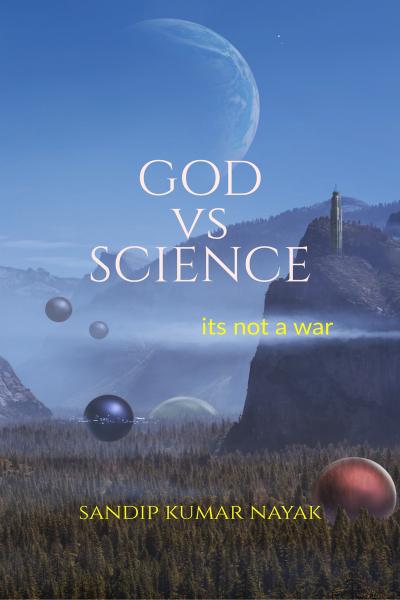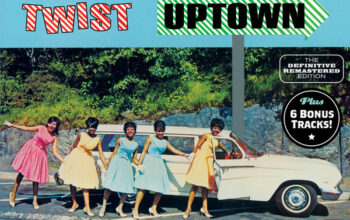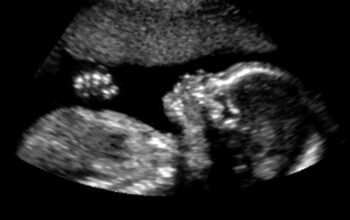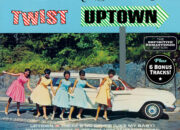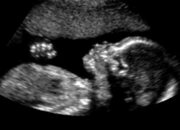In the grand tapestry of human understanding, the relationship between belief in a divine entity and the rigorous pursuit of science often appears frayed at the edges, subject to the whims of cultural narratives. This intricate interplay invites us to explore whether faith in God inherently stands in opposition to the methodologies and discoveries of the scientific enterprise.
The inquiry begins with the fundamental nature of belief and science, two constructs that, while appearing disparate, may in fact occupy overlapping realms of human experience. To elucidate this perspective, one might consider the metaphor of a prism: belief and science as two distinct yet intertwined wavelengths of human cognition, refracting through the medium of experience to yield a spectrum of understanding.
To assert that belief in God is synonymous with anti-science is to overlook the nuances of both domains. At their cores, belief systems often attempt to articulate the inexplicable, addressing humanity’s deepest existential questions. Science, conversely, endeavors to elucidate the operational mechanics of the universe through observation, experimentation, and rational discourse. Yet, both pursuits share an entropic desire for meaning—each struggling to grasp the threads of existence in a cosmos that can, at times, seem indifferent.
From the vantage point of a physicist, one must acknowledge that the scientific method relies on skepticism; hypotheses are put forth only to be rigorously tested and potentially refuted. This process does not inherently preclude concurrent spiritual or theological beliefs. Indeed, many eminent scientists throughout history have embraced a duality of thought, such as Albert Einstein, whose reflections on the divine frequently traversed the realm of scientific inquiry and spiritual wonder.
Consider the historical context surrounding the emergence of modern science during the Enlightenment era. In wanting to decode the laws governing the natural world, thinkers like Isaac Newton found no inherent conflict between their religious convictions and their scientific endeavors. Newton’s laws of motion, for instance, provided a deeper appreciation of the divine orchestration behind the universe while simultaneously laying the groundwork for the very fabric of classical physics.
The juxtaposition of science and faith often crystallizes through the lens of cosmology—a branch of physics heavily entwined with existential ponderings. The Big Bang theory, positing an origin point for space-time itself, does not wield the sword of atheism; instead, it invites discourse that tantalizes the imagination around questions of creation and the nature of the cosmos. Cosmologist Sean Carroll posits that the universe can indeed be explained through naturalistic means, yet he does not dismiss the mystical queries that arise in light of such revelations. The vastness of the universe, much like the depths of human belief, leaves room for interpretation across a multitude of dimensions.
However, the contention arises when scientific paradigms clash with certain fundamentalist interpretations of religious texts, commonly misrepresented as the intellectual battleground where these two worlds collide. Yet, this clash is not an indictment of the scholarly pursuit of faith—it often arises from the rigidity of specific dogmas that resist the dynamic progression of knowledge. The perennial conflict between science and belief can therefore be seen not as a binary opposition, but as a series of dialogues fraught with complexity and potential for synthesis.
Moreover, the notion of a conflict between science and faith brings us to ethical implications. Science emerges as a powerful tool to confront challenges like disease, climate change, and technological advancement. Yet, the moral compass guiding the application of this knowledge frequently stems from ethical and philosophical discussions, many of which have their roots in religious traditions. The juxtaposition of science’s ability to innovate and faith’s role in instilling morality reinforces the understanding that both domains can coexist harmoniously, each enriching the other.
In this discourse, one must also consider the concept of miracles—a cornerstone in various religious beliefs. While science seeks to explain phenomena through causality and empirical evidence, miracles evoke a sense of the extraordinary, often defying conventional understanding. Rather than viewing miraculous events as threats to scientific inquiry, they could be interpreted as invitations for deeper investigation into the laws of nature and the enigmas that lie beyond current human comprehension.
Furthermore, religious narratives often encourage a sense of wonder, akin to that experienced by physicists who peer into the depths of quantum mechanics or the expanses of the universe. The enigmatic behavior of particles at the quantum level parallels metaphysical queries about the nature of existence and the intersection of observer and observed. Thus, the realms of science and faith can be seen as agents of exploration, both seeking to unravel the profound mysteries that govern our realities.
In summation, the question of whether belief in God is inherently anti-science presents a rich tapestry of philosophical inquiry rather than a stark dichotomy. Rather than opposing forces, faith and science can be viewed as complementary narratives, both contributing to the broader understanding of existence. Like chords in a symphony, they create harmonies and dissonances that enrich the human experience, ultimately fostering a deeper appreciation for the mysteries of life and the universe.
As humanity navigates the complexities of both scientific discovery and spiritual exploration, embracing the dialogue between these realms may lead to a more profound understanding of not only the universe but also ourselves. The cosmos invites us to ponder the existence of a higher order while seeking to define the laws that govern it, thus embodying the paradox that binds belief and scientific inquiry in a shared quest for meaning.
